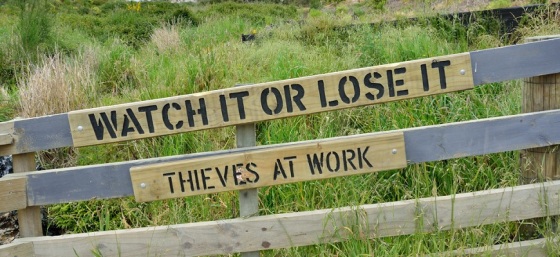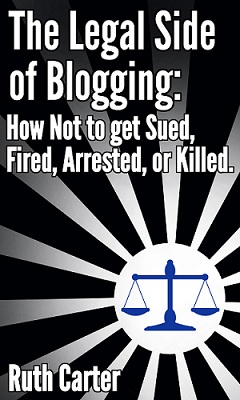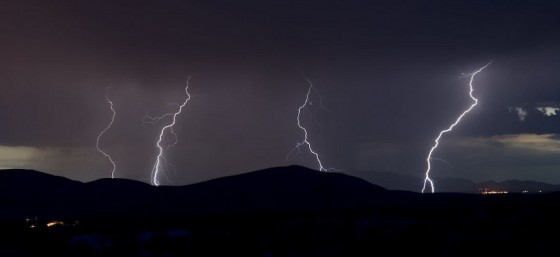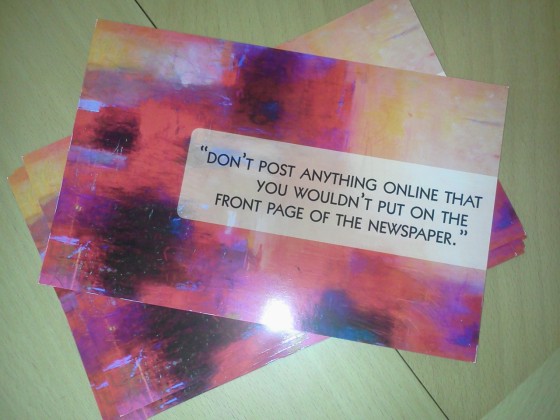Copyright infringement appears to be rampant on the internet. Some people don’t understand that they can’t use anything they find online. They don’t understand that the law lets the copyright holder dictate where their work is displayed and distributed. Some people get defensive when they get caught and say you should be happy that you’re giving them exposure. Others know it’s illegal and take the gamble that you won’t notice or that you won’t object if you see what they’ve done.
Make Sure It’s Your Work They Copied
People don’t always own what they think they own. Check your contracts to verify that you are the copyright owner and not just the creator of a work. Remember – employees don’t own the copyright in anything they create within the scope of their job but independent contractors retain the copyright in anything they create unless there’s a written copyright assignment or work made for hire contract. Additionally, two artists can independently come up with similar ideas for original works and it may not be problematic so long as they’re only claiming rights in what they created.
How Do You Want This To End?
This is the question I ask all my clients who are in a suspected intellectual property infringement situation. Their goal determines my course of action. Ideally you should determine how you want to react to infringement before it occurs so you can lay the foundation in advance for your desired outcome.
If you just want the infringer to take down your work, you can respond with one of the following:
- Letter from you to the alleged infringer
- Cease and desist from your attorney
- DMCA takedown notice to the alleged infringer’s webhost
If you want the alleged infringer to pay you for using your work you can send a bill or sue them for infringement. If you want to pursue one of these options, you definitely want to use a lawyer to contact the alleged infringer on your behalf or through the court.
If you’re OK with the person using your work, you should send them a notice that gives them permission and requests they ask permission before using your work in the future. You always want to respond when you suspect someone is using your work without consent. Otherwise you could create the impression that you’ve attached a blanket license for anyone to use your work which could hurt your chances of going after other suspected infringers in the future.
Please note – you can send a notice without being a jerk about it. Jack Daniel’s sent what’s been referred to as the nicest cease and desist letter when an author copied Jack Daniel’s label on his book cover. You could write or ask your attorney to do something similar
If you need a legal resource about how to avoid problems related to copyright and trademark infringement online, I recommend my book, The Legal Side of Blogging: How Not to get Sued, Fired, Arrested, or Killed. It covers a lot of the major issues that apply to intellectual property and the internet. If you want to chat more about this topic, feel free to connect with me on Twitter, Facebook, YouTube, LinkedIn, or you can email me.
Please visit my homepage for more information about Carter Law Firm.













